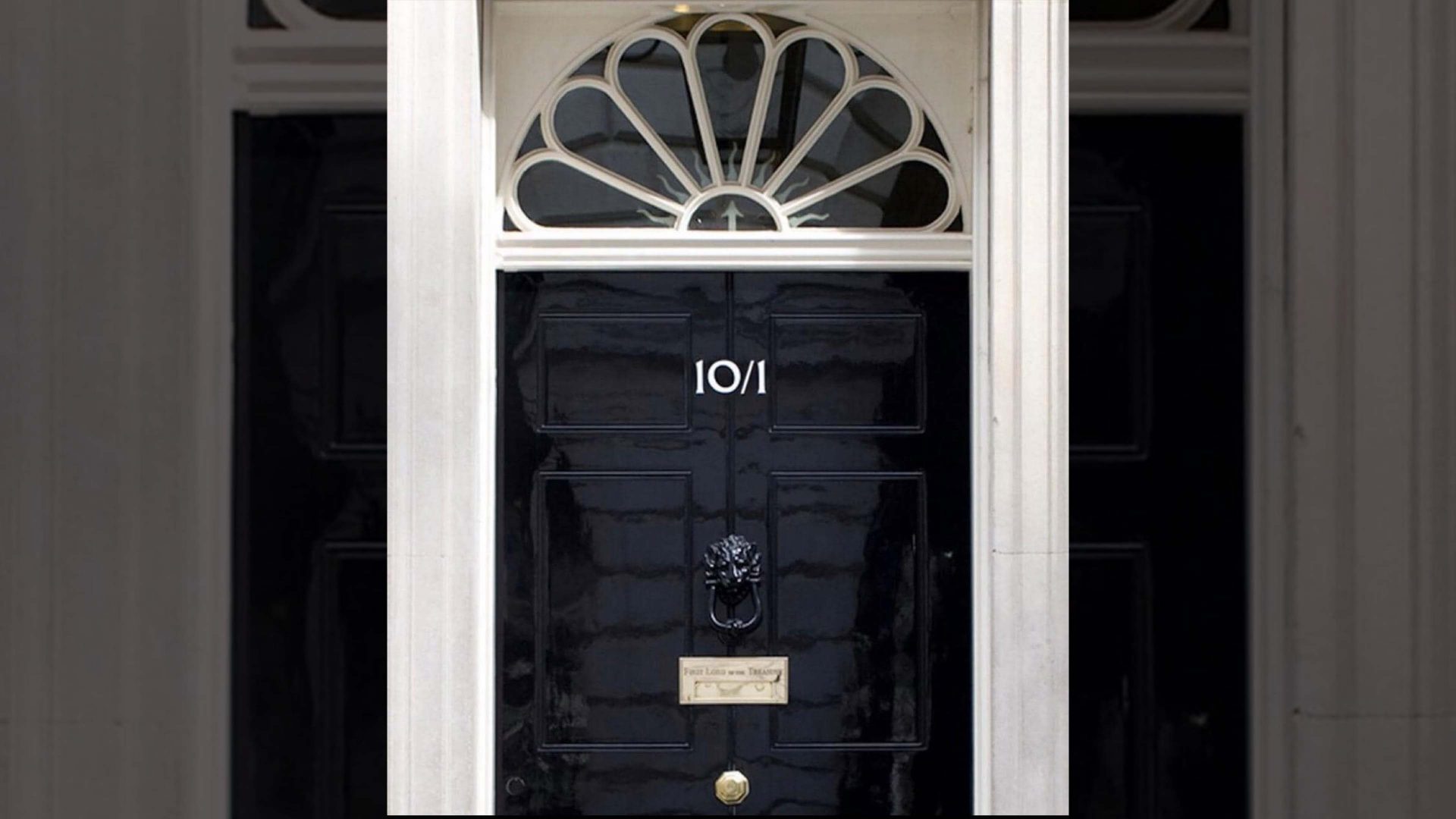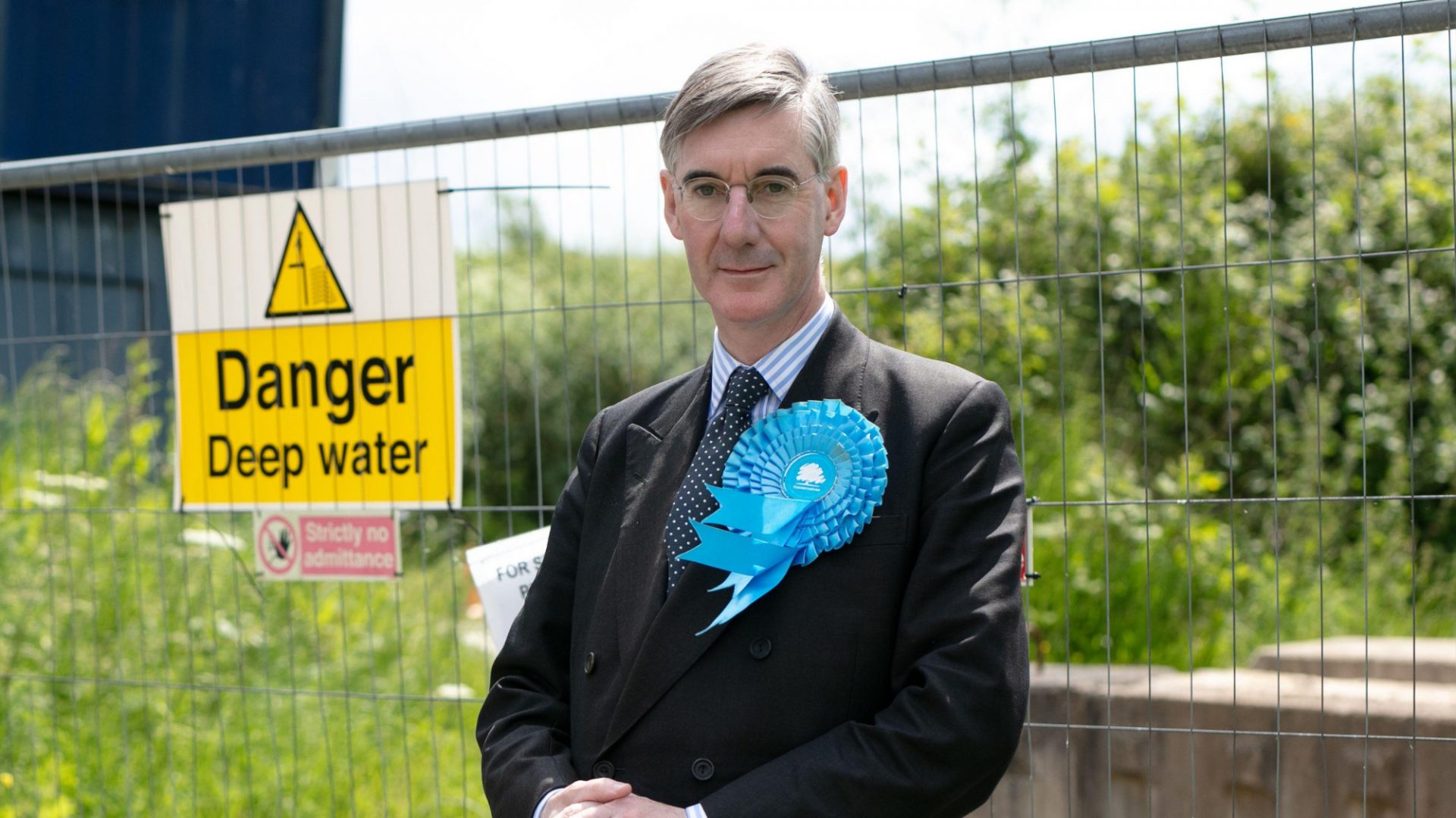First it was Rishi Sunak’s closest parliamentary aide. Then his campaign director. Then the campaign director’s wife, who is also a Conservative candidate. Then the data chief. How many dozens more?
There is a pattern to scandals like this one about bets on the election date. At first it looks as though it’s just one person – one rogue reporter, as News International insisted when the News of the World’s royal reporter was convicted of phone hacking; one bad apple, as the Metropolitan police have claimed repeatedly over the past half century since commissioner Sir Robert Mark set the seemingly low target of “arresting more criminals than we employ”.
But it never is just one. More examples emerge and before long it looks as though the entire organisation is at it. Because phone hacking, racism and sex abuse by police officers, and now, apparently, election betting, grow out of the culture in which they are allowed to germinate.
As far as this Conservative government is concerned, it’s all a piece with the unlawful prorogation of parliament to stifle debate on Brexit, the black-is-white law declaring that courts must not even contemplate the idea that Rwanda isn’t a safe place for asylum-seekers, multimillion-pound Covid contracts for mates, and, of course, the partying in lockdown. Rules don’t apply to us.
Another part of the reason the Tories are facing such a devastating defeat is that they – or rather this Sunak team, including its captain – just don’t see it. They didn’t see the problem with the prime minister leaving the D-day celebrations early. They thought it OK to “have a flutter” on the election date.
So OK that Craig Williams staked his career on a £100 bet that might win him just £500. “It was an error of judgment,” admitted Williams. “I’m disappointed,” said Sunak. And they thought that was it? Just as Sunak thought saying “I’m truly sorry, but I was really ever so patriotic going to the British bit of D-Day” was enough to get him off the Normandy hook?
Don’t these people have a brain cell between them? If you’re a footballer or cricketer, you can’t bet on matches in which your team is playing – even if you, yourself, aren’t. It’s not just the law, it’s common sense. If you’re a part of the government machine, you shouldn’t be betting on when the election is going to take place. Even if no one has told you when it’s going to be.
In other words, even if you know as little about the timing as Brenda from Bristol, you should not be going anywhere near the bookies. Because everyone will think you have inside information, even if you don’t. And if you do, you’ll be breaking the law. How hard is that to grasp?
Not hard for the public, which is why the betting scandal has zoomed to the top of YouGov’s new “what news stories are having an impact on the electorate” league table. And that is down to the Guardian and Financial Times.
First came the Guardian, with its splash on Williams’s “flutter”. The Telegraph also put him on the front, as the main picture, and the Mail gave him a page lead inside. Probably because at that point they thought it was “just one idiot” and not likely to taint the entire party. They give the saga less prominence now it’s grown.
The Guardian followed up the next day with another page one story on the investigation widening, but no one else was that bothered. It all seemed to go quiet. Until last Thursday, when one of Sunak’s police bodyguards was arrested, another candidate – Laura Saunders – was put under investigation, and her husband Tony Lee, the party’s campaign director, took leave of absence (just what any campaign director would do willingly two weeks before polling).
Perfect timing for the audience member at the leaders’ Question Time special to ask the prime minister: “Aren’t the latest gambling allegations an example of the lack of integrity we have had to put up with from Tories for years and years?” To which Sunak replied that he was “incredibly angry”, that if those under investigation broke the rules, they should face the full force of the law and that he’d boot them out of the party. But he wasn’t going to suspend them yet.
The loyal Express angled its next-day report on the booting out threat, the exasperated Mail had one of its “Now…” headlines, this time “another TWO Tories caught up in poll day bets storm” on page 2, while the Telegraph put the campaign chief “stepping back” on page 7. Both apparently believed that Starmer saying Corbyn would have been a better PM than Boris Johnson the more splashworthy scandal.
The Mirror thought differently, leading on “What are the odds on that?” But it was the FT that really blew the whole thing wide open by finding a “flurry” of bets placed on the election date immediately before Sunak’s rain-sodden announcement. Which was a bit of an understatement – thousands of pounds had been staked – and there was a dramatic climbing-a-cliff fever chart to drive the message home.
Now we have reached the “Was everyone at it?” stage of the scandal. The Sunday Times splashed that the Tories’ chief data officer was suspected of placing dozens of bets, while “several dozen” other people are being looked into. On Monday, the Guardian’s lead story reported that a fifth figure had been drawn into the row and that Sunak was under pressure to jettison candidates under suspicion. The i, too, was focused on Tories attacking the leadership for failing to get a grip and suspend those in the frame, while the Times – which had moved on to talk about “the Conservative party betting ring” – reported that the Gambling Commission was now looking into hundreds of suspicious bets.
The true blues were all terrorising readers with what Labour was going to do – rip up schools trans ban, drag us back into the EU, and lead us to disaster. But even the Telegraph felt it had to have a bit of betting on the front, while the Mail restricted coverage to four paragraphs inside and the Express led a spread with “No cabinet members linked to bets scandal”. So that’s all right then.
The official party line is that it shouldn’t comment while the investigations run their course. But Michael Gove has been moved to speak. “It looks like one rule for them and one rule for us. That’s the most potentially damaging thing,” he says. “The perception that we operate outside the rules that we set for others. That was damaging at the time of partygate and is damaging here.”
Exactly. But Gove has quit. Those in the party who thought it was ok are still soldiering on. It’s what happens when “one bad apple” is allowed to rot the whole barrel. The man on Question Time was right.
And they still don’t get it.




